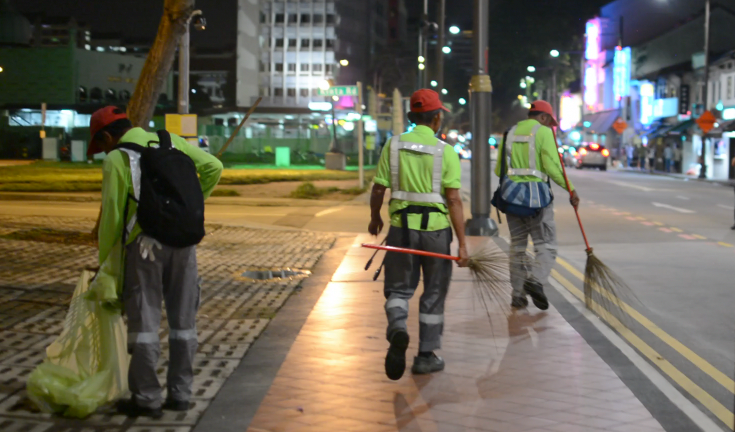Statement by the National Solidarity Party (NSP) on the bus service reliability framework (BSRF)
[spacer style=”1″ icon=”none”]
The National Solidarity Party (NSP) refers to the Transport Minister’s announcement on 6 January 2014 about a new monetary penalty and incentive scheme for public transport operators (PTO) to improve their en-route bus reliability, the Bus Service Reliability Framework (BSRF).
Under the BSRF scheme the reward of $2000 to $6000 for every 0.1 minute reduced, is greater than the penalty of $1300 to $4000 for each 0.1-minute deviation from the buses’ scheduled arrivals at the bus stop. Why is the quantum for rewards set to be higher than the penalty?
Also, will this monetary penalty and incentive scheme compel PTOs to pressure their bus drivers to perform in a manner without proper consideration of safety risks for bus passengers and with reduced regard for road safety?
It would have been more understandable if the BSRF scheme intends to reward service standards which are over and above the expected levels for PTOs.
Since that is clearly not the case here, NSP proposes that the Government refrains from offering further subsidies using tax-payers money for PTOs to conduct trials on how to improve their operations, especially when the PTOs are highly profitable private businesses.
This new scheme comes hot on the heels of another scheme, the Bus Service Enhancement Programme (BSEP) launched in March 2012, where $1.1 billion package would be progressively disbursed to PTO to improve service standards. On 2 September 2013 the Transport Minister released a one-year progress report of the BSEP. According to that report1:
-
About half of the 550 buses under BSEP have been added on the road
-
111 existing bus services have been improved
-
Waiting times on popular services have shortened by 3 to 5 minutes
-
40% reduction in number of bus services with persistent crowding during peak hours
-
Improved connectivity with introduction of 14 new bus services
Even with all these enhancements, the problem of over-crowded public buses still persists. The BSRF scheme seems to shift the responsibility for this problem onto the PTOs and the bus drivers – as if the problem of over-crowding in our public buses can be solved by getting bus drivers to be more punctual.
The BSRF is a two-year trial while the BSEP is a five-year programme. With schemes like the BSEP and BSRF, the Transport Minister seems to suggest to commuters that the fixes for our current problems in public transportation lie only in the future.
What the general public needs are more immediate solutions.








